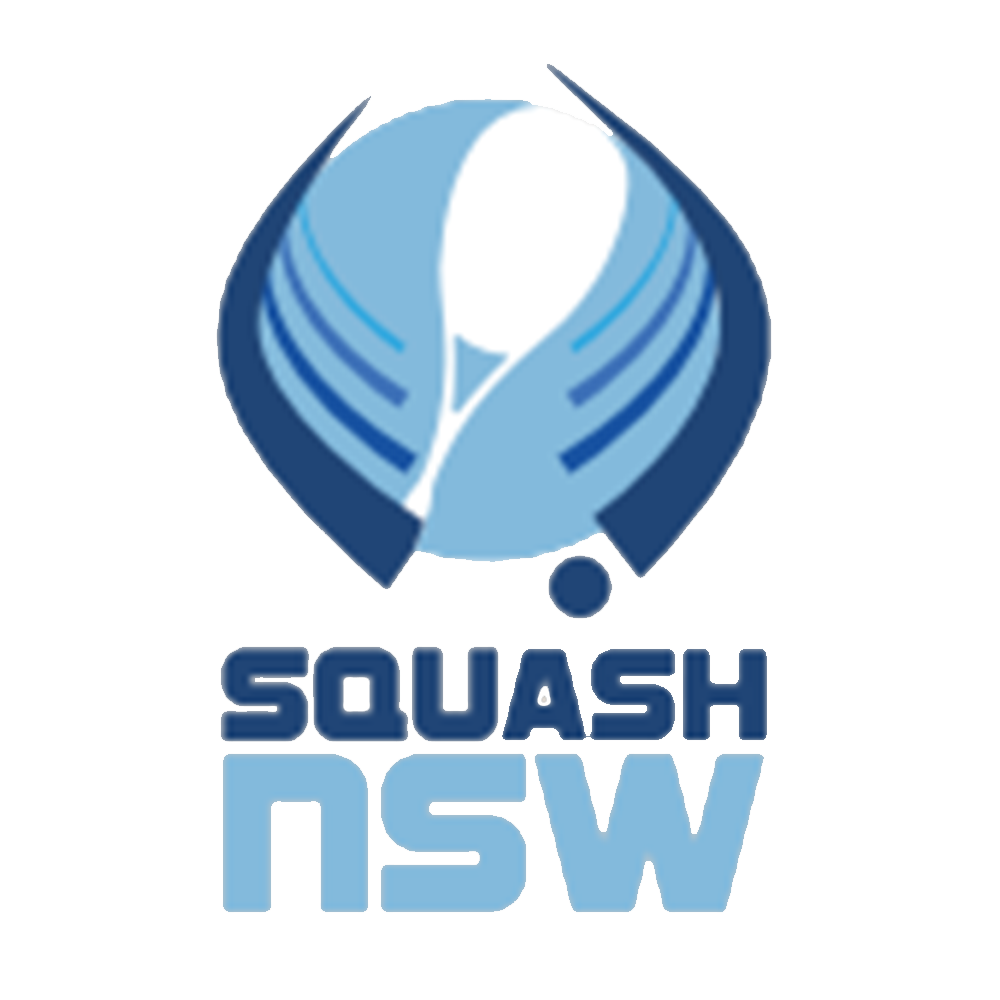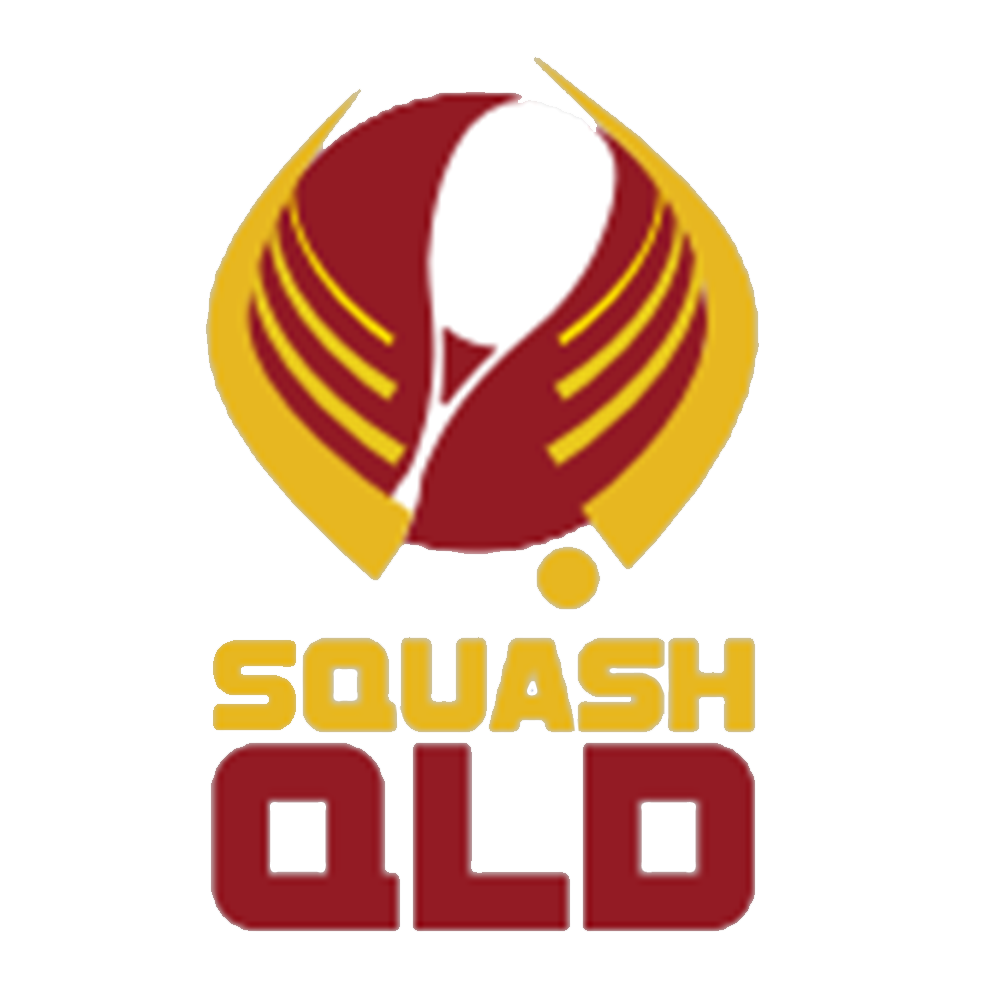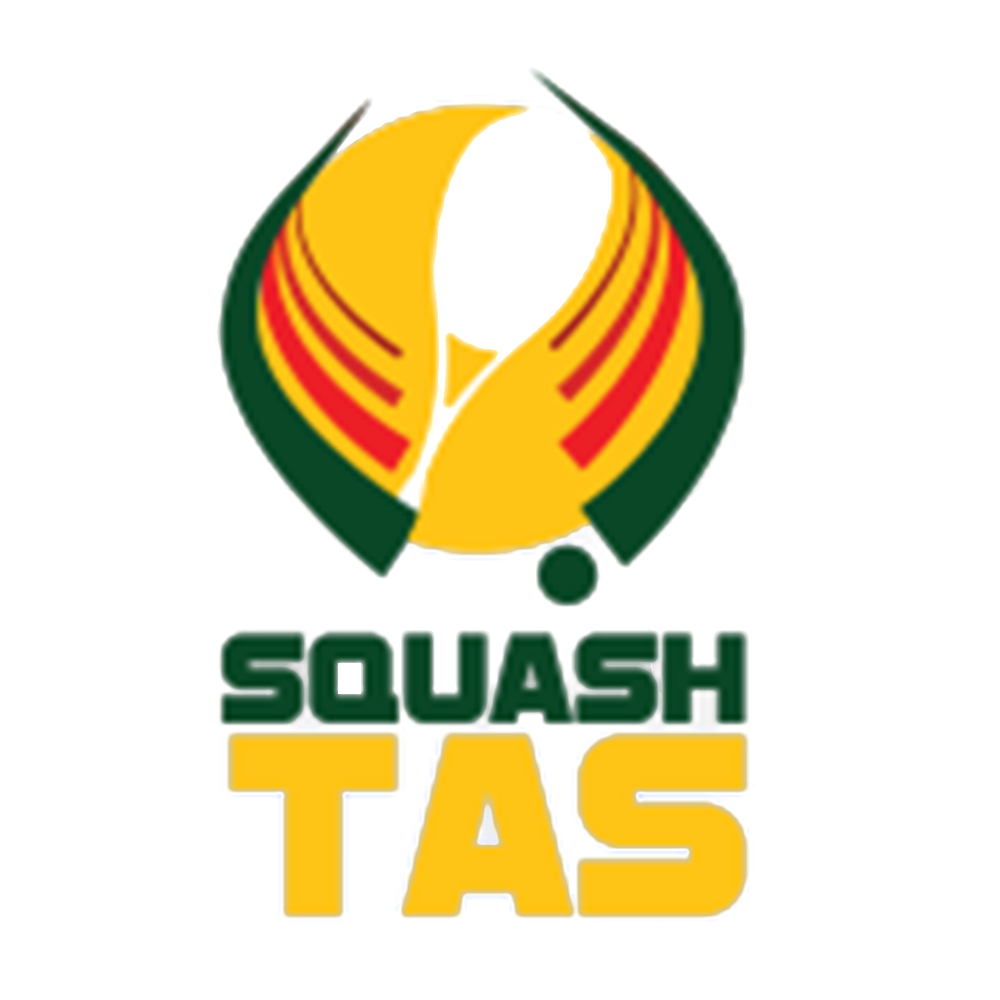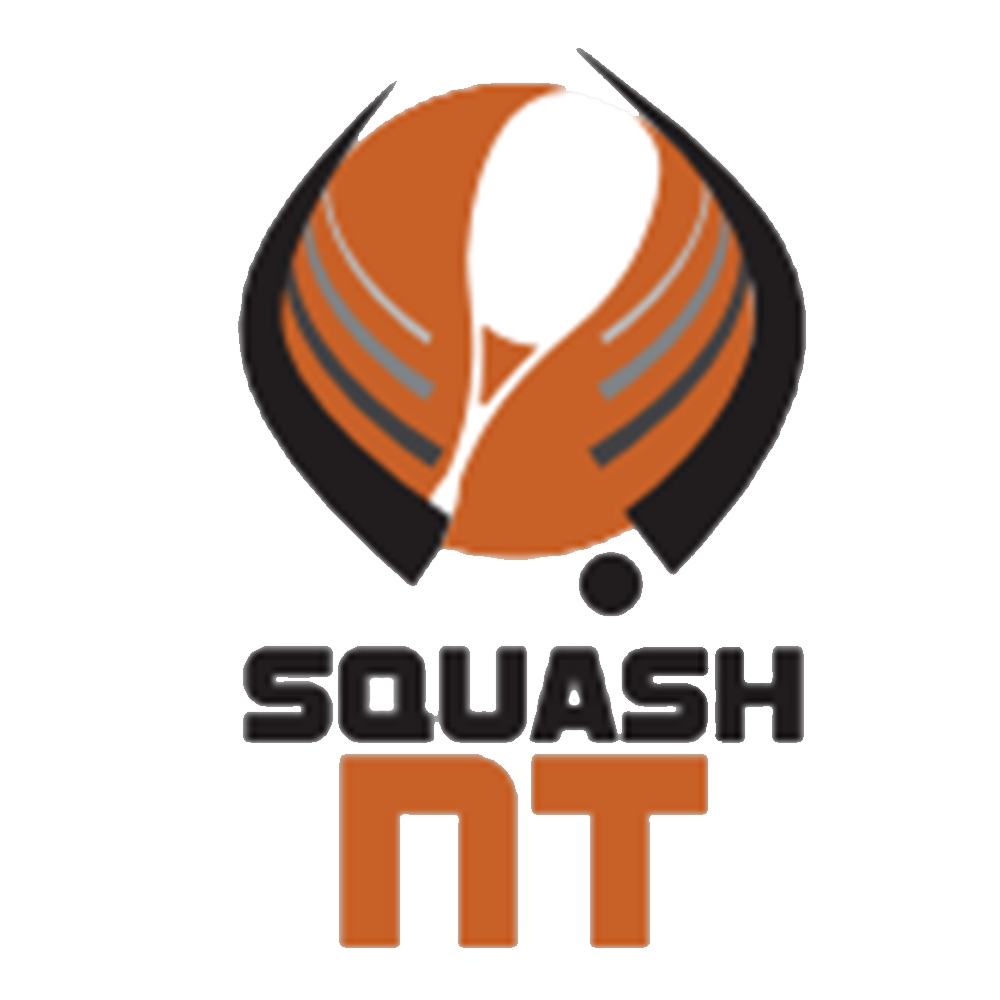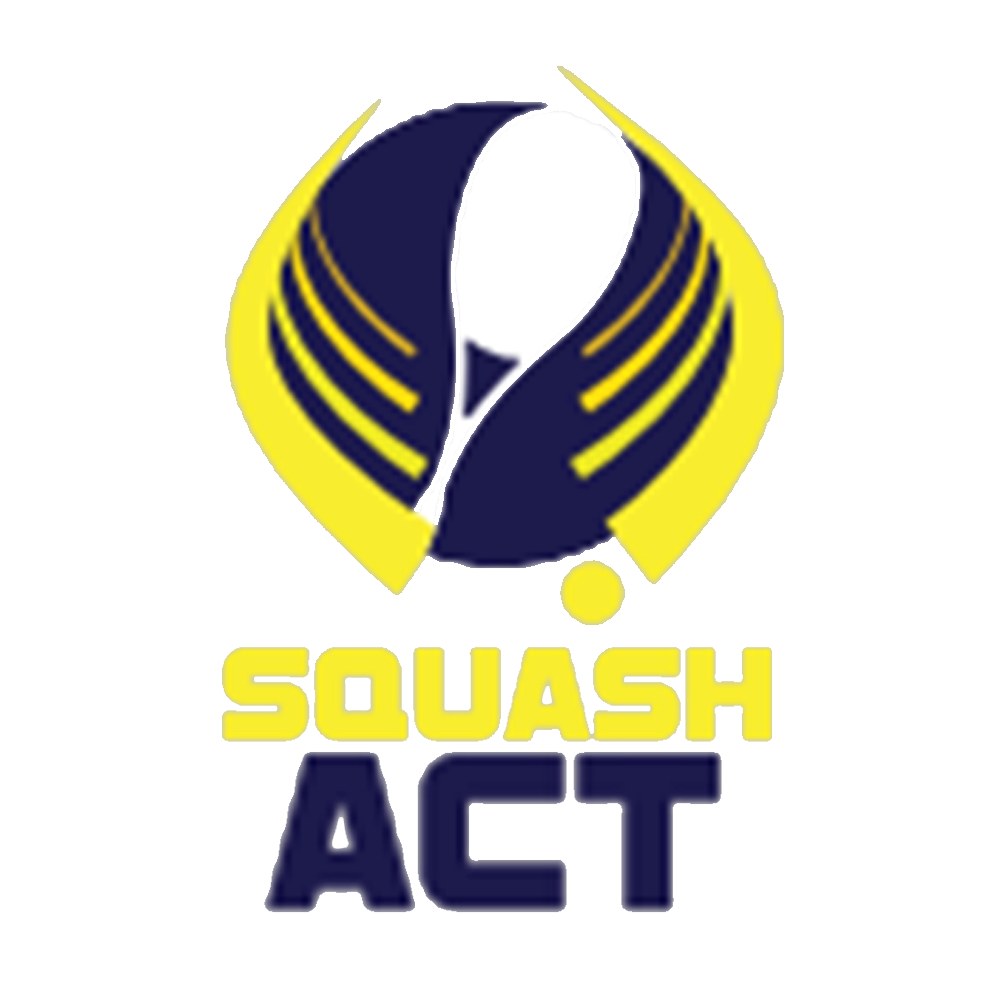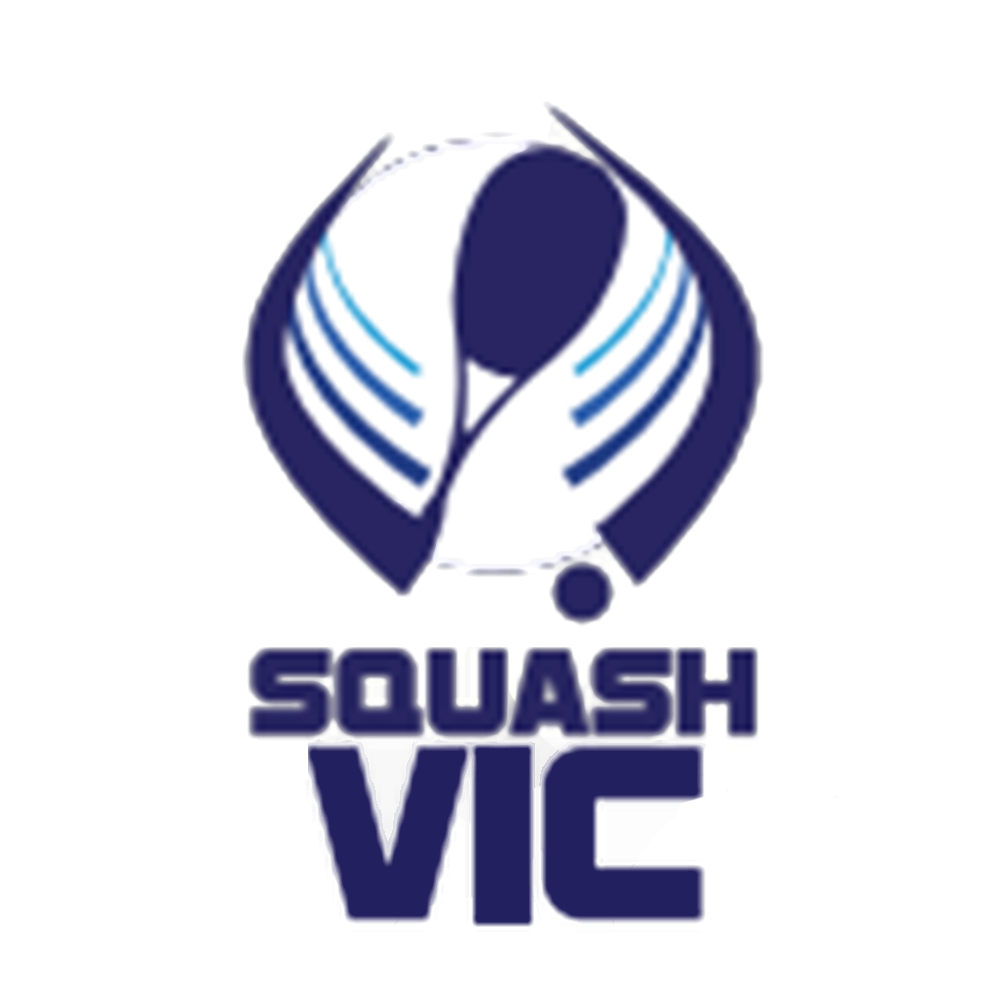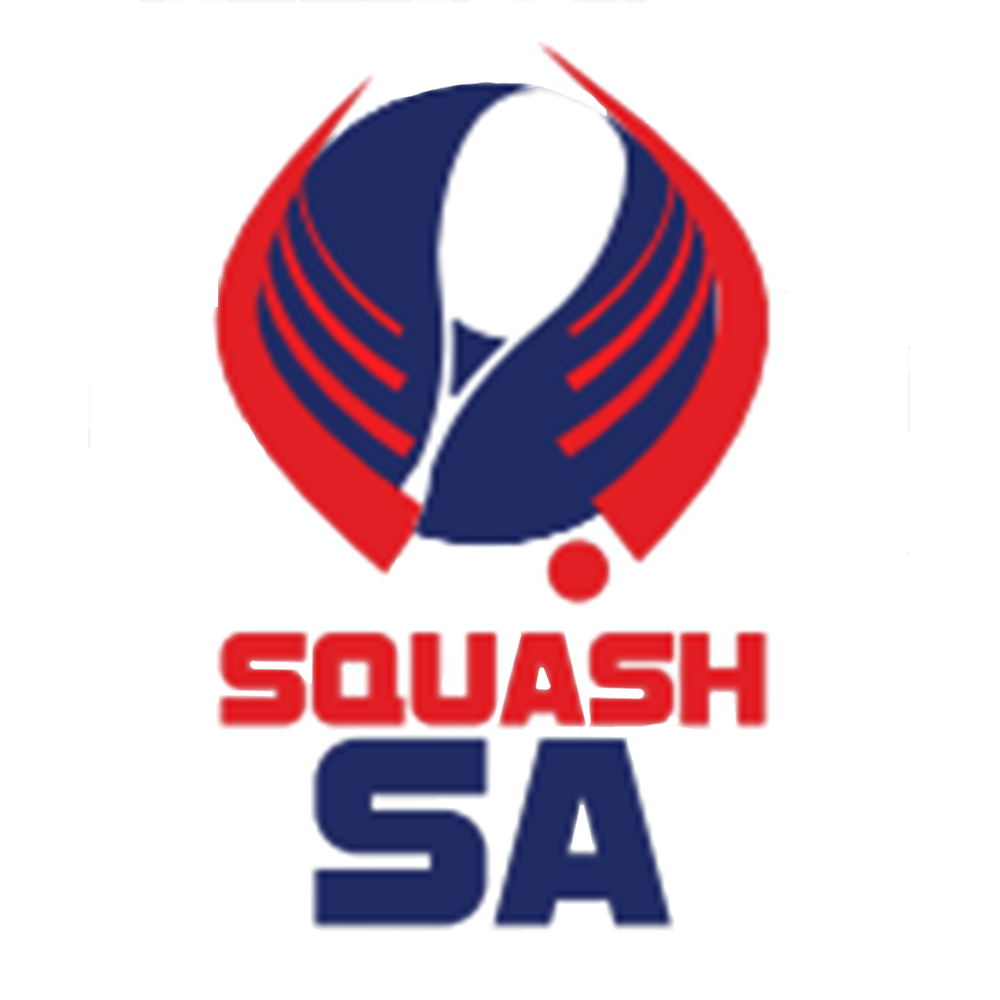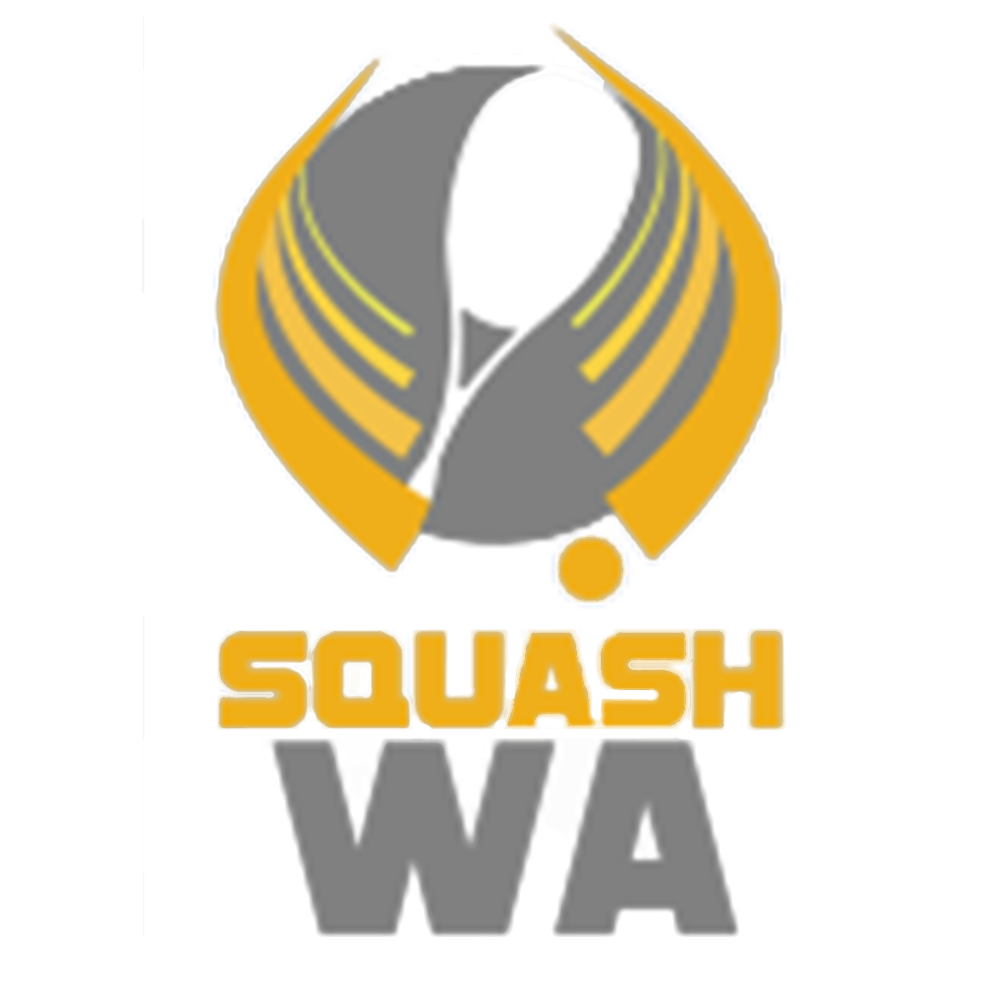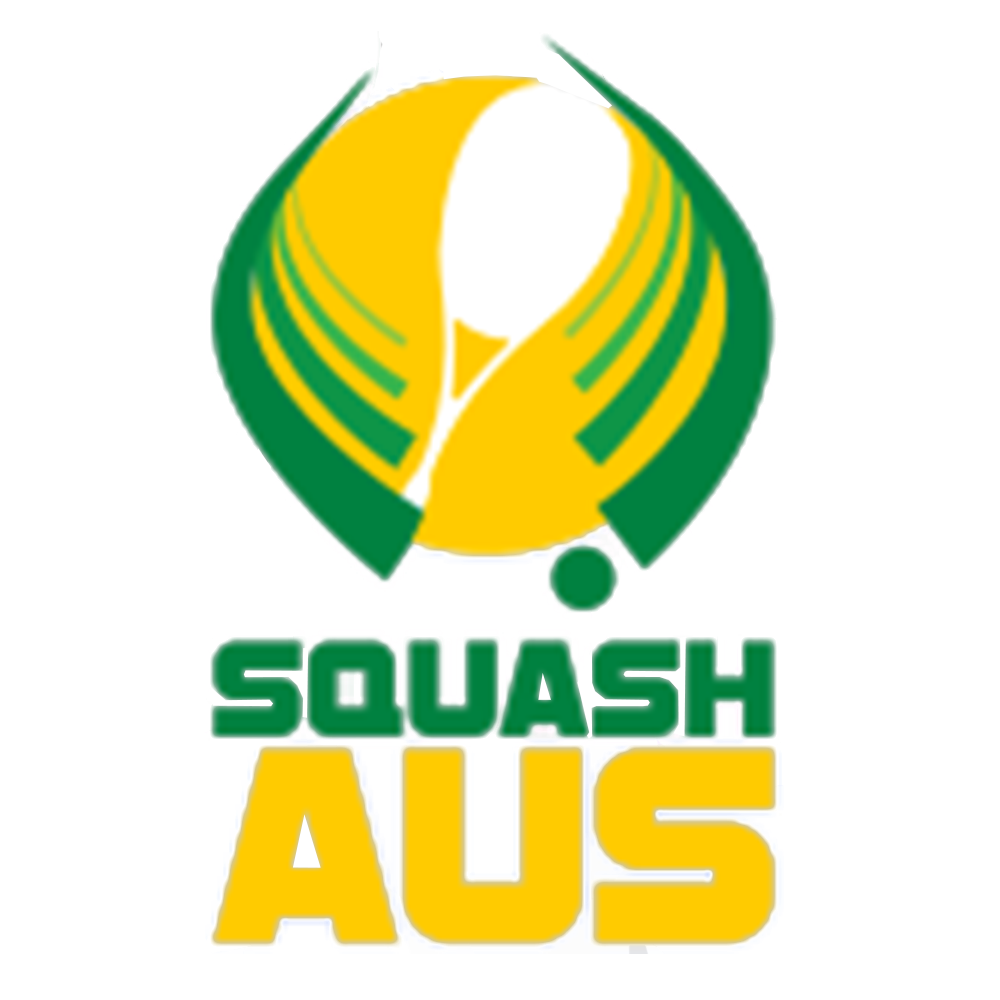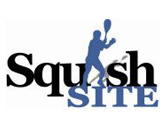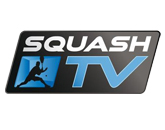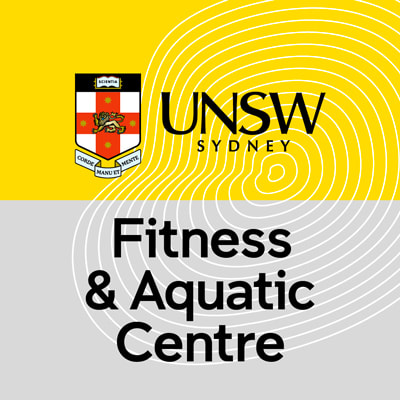|
When players are bred to be champions, they are measured and monitored to gauge their base skills and abilities as well as their progressive development over time.
The Academy has a structured, scientific framework, a Player Development Pathway (PDP) modelled on the Australian Institute of Sport’s (AIS) deliberate practice principles used to train Olympians and Commonwealth Games athletes. The first component of the PDP is the squash skills assessment survey. It’s a 1-hour session with separate skill tests created to evaluate each of the 18 core technical skills required. We all think we can do something, until we are put in a controlled situation and measured. It is admittedly a humbling experience to realise that we are not as good as we thought we were while at the same time, realising we have a lot of room for improvement. That is the primary goal of the player assessment survey – to determine your starting point, or reference point of your current level of skill and ability you have and are starting with (going forward). |
Have a question? Contact us -->
|
The secondary goal is to identify the specific sources of improvement to work on. To determine where the “lowest hanging fruits are” for quick development to build motivational momentum. Often, there are underlying issues that can be addressed effectively whereas others can be less obvious in nature. Either way, the assessment reduces your individual skills into numerical equivalences to eliminate all subjective judgment.
Removing subjective judgment is essential for effective development. Perceptual distortion, our desire to see ourselves as better than we really are is self-destructive and counter-productive to our development.
By deceiving ourselves, thinking we’re better than we are, we feel better in the moment, to the detriment of not fixing what is not working. It is self-preservation, but unhelpful to development and improvement.
Removing subjective judgment is essential for effective development. Perceptual distortion, our desire to see ourselves as better than we really are is self-destructive and counter-productive to our development.
By deceiving ourselves, thinking we’re better than we are, we feel better in the moment, to the detriment of not fixing what is not working. It is self-preservation, but unhelpful to development and improvement.
INTENSITY AND INTENTION
The skills assessment also captures your intensity and intention through your behaviour under the pressure of the test. These realisations are going to be both eye-opening and game-changing for you. Facing this reality is very confronting. Most players prefer to avoid this revelation, choosing to remain in their own bubble of deception.
Most players have never filmed themselves playing or practicing – in large part because they know when they watch themselves, they will be disappointed with what they see. So instead of filming – they avoid it altogether.
With today’s smartphones, there is no excuse… Other than fear of discovery.
The difference between an amateur and a professional is ONE thing – consistency. We can all hit winners – once. The difference between us and a top 10 player is the ability to do it naturally, regularly, consistently – on command. That ability is developed, learned over time. That process is called deliberate practice. The first step involves determining the starting point on all dimensions – separately.
FOOTWORK
The skills assessed include footwork and positioning even though this assessment is not a fitness test. Those tests can be done on your own with court sprints, agility ladder work and other well-known tests. This squash assessment will require you to feed yourself, which is part of the skill assessment equation. If you can’t feed yourself and adjust to less-than-perfect feeds, it will be reflected in your scores.
Who should do the assessment and why?
WHAT WILL YOU GET?
“You can’t get to where you want to go without knowing where you are now.” This is paramount for all player development. The reason this assessment session is so powerful is because without specific numbers to refer to, discussions are conjecture and opinions rather than facts.
Skill development is about being able to hit ‘targets’ more consistently. It’s about having the ability to do a routine or drill ‘better’. Having a specific number to work with gets you away from ‘interpretations’ and fluff approximations.
The skills assessment also captures your intensity and intention through your behaviour under the pressure of the test. These realisations are going to be both eye-opening and game-changing for you. Facing this reality is very confronting. Most players prefer to avoid this revelation, choosing to remain in their own bubble of deception.
Most players have never filmed themselves playing or practicing – in large part because they know when they watch themselves, they will be disappointed with what they see. So instead of filming – they avoid it altogether.
With today’s smartphones, there is no excuse… Other than fear of discovery.
The difference between an amateur and a professional is ONE thing – consistency. We can all hit winners – once. The difference between us and a top 10 player is the ability to do it naturally, regularly, consistently – on command. That ability is developed, learned over time. That process is called deliberate practice. The first step involves determining the starting point on all dimensions – separately.
FOOTWORK
The skills assessed include footwork and positioning even though this assessment is not a fitness test. Those tests can be done on your own with court sprints, agility ladder work and other well-known tests. This squash assessment will require you to feed yourself, which is part of the skill assessment equation. If you can’t feed yourself and adjust to less-than-perfect feeds, it will be reflected in your scores.
Who should do the assessment and why?
- You’re a beginner. Once you have played a bit and can hit all the shots, you should assess what you can and can’t do. As a beginner you might be surprised by what you can actually do versus what you can’t do.
- You’re an intermediate player. You play socially, but have some frustrations with your game. You know you have strengths and weaknesses, but not quite sure the severity and influence they have on your game.
- You’re a competitive player. You want to take your game to the next level because you’re all about improvement and you might be stuck in a rut. You might be struggling to create a breakthrough in your technique or game play. This assessment could reveal your next quantum leap forward.
- You’re an elite player. You can’t be at the top of your game without a constant feedback loop, so you know this is a must!
WHAT WILL YOU GET?
- 1 hour on court with a qualified coach to measure your 10 separate skills.
- The full test results in electronic format for future reference.
- A full assessment of your ability based on your current level of play (beginner, versus intermediate, etc.)
- A training and practice plan to fix the most important issues affecting your results.
“You can’t get to where you want to go without knowing where you are now.” This is paramount for all player development. The reason this assessment session is so powerful is because without specific numbers to refer to, discussions are conjecture and opinions rather than facts.
Skill development is about being able to hit ‘targets’ more consistently. It’s about having the ability to do a routine or drill ‘better’. Having a specific number to work with gets you away from ‘interpretations’ and fluff approximations.
Once assessed, we can refer to the tests on an on-going basis over time.
We can do this as an overall review of the development of particular skills.
Champions (and future champions) monitor this progress on a regular, scheduled basis
whereas you might do it bi-annually or just once a year.
Having goals for improvement will help you achieve them faster.
You can’t have goals without measurement! This skills assessment survey will provide this for you.
We can do this as an overall review of the development of particular skills.
Champions (and future champions) monitor this progress on a regular, scheduled basis
whereas you might do it bi-annually or just once a year.
Having goals for improvement will help you achieve them faster.
You can’t have goals without measurement! This skills assessment survey will provide this for you.






